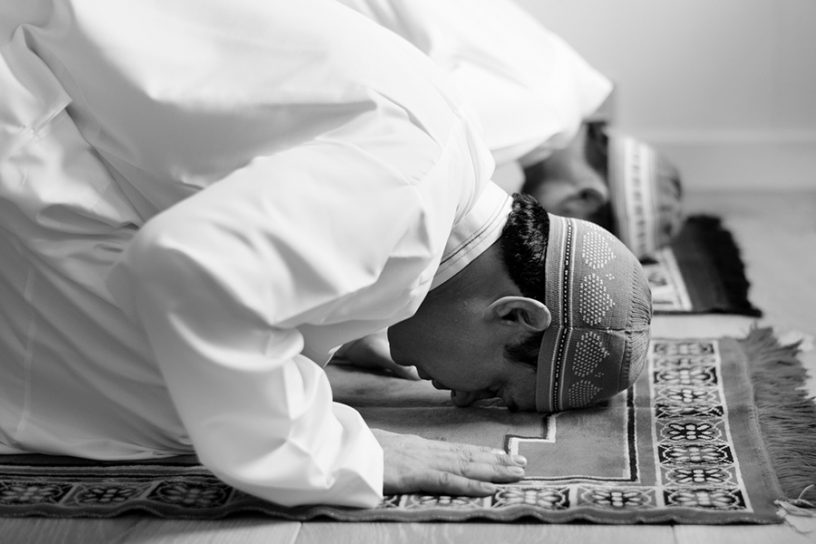
In an India riven along the lines of religion, caste, gender, and language, a critical practice in the humanities must consist of engaging with the self-representation of minorities conceived in the broadest sense.
Author
Mosarrap Hossain Khan, Assistant Professor, Jindal Global Law School, O.P. Jindal Global University, Sonipat, Haryana, India.
Summary
How are the humanities practiced in India, where an overemphasis on science and technology has stifled the humanities as a discipline, unlike the forked culture of science and humanities C. P. Snow wrote about in the UK?1 Since Indian academia has been lukewarm in its response to the humanities in general, what scope do the humanities have for public engagement?
The humanities are nonetheless crucial, because, as Alok Rai contends, it is “in the humanities alone that the implicit shapes of our possible futures can be conceived of and thought about, it is here that our nation can awake to self-consciousness.”
It is not necessary that this awakening to self-consciousness may be achieved entirely within the domain of academic institutions as the practices of the humanities exceed academia and reach a wider public domain. However, in both cases, the ultimate purpose of the practices of the humanities ought to be, as Martha Nussbaum writes, “dispelling barriers of hatred and ignorance that divide people the world over by class, caste, race, sex, and religion.”
Published in: World Humanities Report
To read the full essay, please click here.


